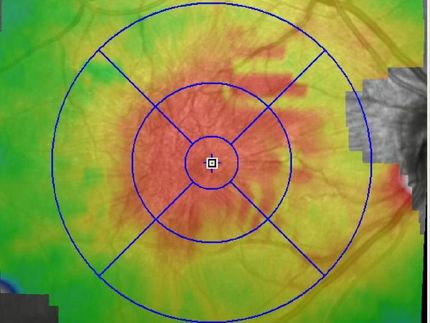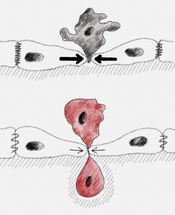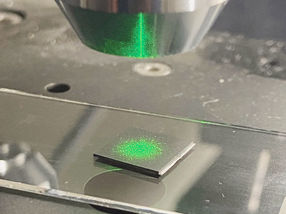Heparin a key role player in allergy and inflammatory reactions
Heparin plays a key role in allergic and inflammatory reactions driven by mast cells, scientists from Karolinska Institutet in Sweden shows in an international collaboration involving colleagues from Germany and Switzerland. The study is published in the recent issue of Immunity, and sheds some new light on the biological function of heparin.
Heparin has a long history at Karolinska Institutet, since here the substance was originally purified and its chemical structure was characterized back in 1935 by Professor Erik Jorpes. Knowing about the therapeutic implications Jorpes was one of the pioneers treating patients that suffered from thrombosis with heparin infusions. Today, heparin is still one of the most commonly used anticoagulant drugs.
Professor Jorpes showed that heparin is produced in a specific blood-born cell population, called mast cells. Mast cells have a central function in allergic and inflammatory diseases and contribute to increased vascular permeability, allergic and anaphylactic reactions. The current study identifies the underlying mechanism and its therapeutical implications. The authors show that heparin initiates the production of a hormone – bradykinin – that contributes to swelling, anaphylactic and inflammatory symptoms, which are commonly known to be associated with aberrant mast cell activity.
Notably, mast cell-released heparin generates the inflammatory mediator bradykinin via activation of factor XII (the so-called Hageman Factor) that belongs to the blood coagulation system. The study thus provides an unexpected link between the clotting cascade and mast cell-driven pro-inflammatory reactions. Drugs that block bradykinin or factor XII activity protect from adverse mast cell-driven effects in patients and genetically engineered mouse models and could be a new strategy to treat allergic diseases.
Original publication
“Mast cells increase vascular permeability by heparin-initiated bradykinin formation in vivo”, Immunity 2011, Volume 34, Issue 2.
Most read news
Original publication
“Mast cells increase vascular permeability by heparin-initiated bradykinin formation in vivo”, Immunity 2011, Volume 34, Issue 2.
Organizations
Other news from the department science

Get the life science industry in your inbox
By submitting this form you agree that LUMITOS AG will send you the newsletter(s) selected above by email. Your data will not be passed on to third parties. Your data will be stored and processed in accordance with our data protection regulations. LUMITOS may contact you by email for the purpose of advertising or market and opinion surveys. You can revoke your consent at any time without giving reasons to LUMITOS AG, Ernst-Augustin-Str. 2, 12489 Berlin, Germany or by e-mail at revoke@lumitos.com with effect for the future. In addition, each email contains a link to unsubscribe from the corresponding newsletter.





















































